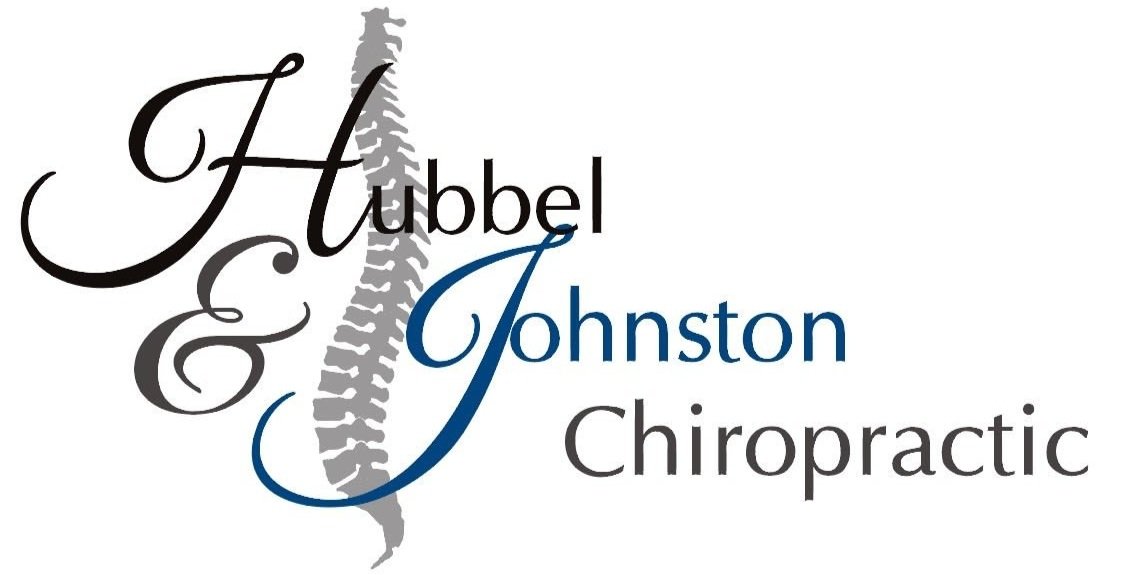October 2022- Sleep Part 1
Why Can’t I Fall Asleep?
Have you ever wondered why we sleep, and why we get sleepy? A good night’s rest is critical in how your body recovers, so when you are injured or just not feeling your best, optimizing your sleep is important in healing. Sleep is a process in which your body recovers- If you feel fatigued throughout the day and sleep a typical amount, it doesn’t mean that you need more sleep, it often means that you’re excessively stressing your body by other means.
Here are a few ideas to help you to fall asleep at the right time- trouble falling asleep is a common issue that our patients discuss with us. Let us know how this impacts your body’s healing, and how you overall feel.
Light & your circadian rhythm
A big part of your eye’s job is to tell your body what time of day it is by viewing light. Viewing natural sunlight for 2-10 minutes within 30 minutes of waking up can kick-start your body’s chemical system to wake you up, and actually help you to fall asleep in about 14-16 hours. Viewing a sunset is another signal to your brain that it is time to fall asleep. Light can have a negative impact too - blue light from devices such as phones or computers can wake your body up, and impact your sleep. Blue light glasses can help to combat this or you can change your device settings to limit the blue light emission.
Feeling tired- drink a coffee! Maybe?
To understand how caffeine works in your body, you must first understand how energy is created, stored and moved within your body. The “energy currency” in your body is called ATP, or adenosine triphosphate. It is an adenosine molecule with 3 phosphate molecules attached to it, and your body’s energy is stored in the bonds that hold these molecules together. As you use energy, and those bonds are broken, there is free adenosine floating around in your brain, which your brain takes as a stimulus to become sleepy. This is your body’s way of telling your brain that it needs time to rebuild its energy stores. Caffeine works on your body system by blocking the detection of free adenosine, thus telling your body that you’re not tired.
When the effects of caffeine wear off, you can experience the post coffee “crash” where the adenosine that was being ignored is suddenly detected. The timing of your caffeine intake as well as the amount that you ingest is what can be either helpful or harmful. Delaying coffee for 60-90 minutes after waking can be helpful to avoid the afternoon crash, and having your last coffee 8-10 hours before you want to fall asleep is considered best practice. Even if you don’t feel the effects of late caffeine intake on your sleep, your sleep cycles will likely still be disrupted.
Your body makes its OWN melatonin - you might not need extra!
We often hear of melatonin as a supplement that people use to sleep, but did you know that it is actually a naturally occurring hormone in your body? It helps your body with the timing of sleep, but does not induce sleep itself. Melatonin is triggered by darkness, so dimming the lights in your house can be helpful to help your brain time your sleep better. Recent studies noted that melatonin only increased sleep by 4 minutes and sleep efficiency by about 2%. Trust your body to make the amount of melatonin that it needs!
As sleep is one of the most important factors in health and recovery, we will be discussing sleep again next month, focusing on improving the quality of the sleep that you are getting.
